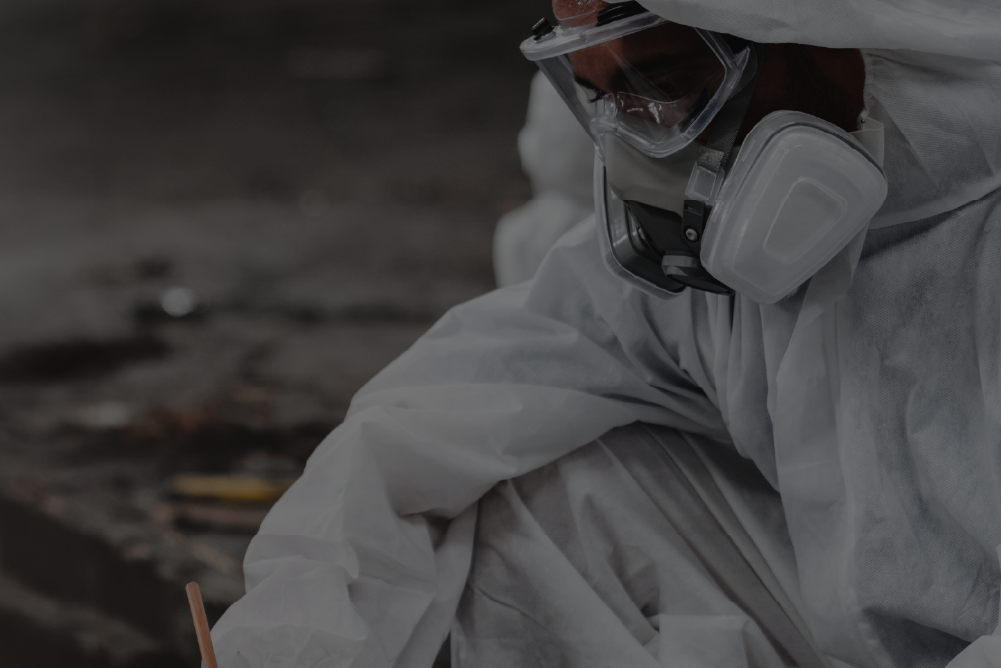Because of the seriousness of the disease mesothelioma, the medical care and treatment are focused primarily on the patient suffering from mesothelioma. However, at the International Mesothelioma Program (IMP) at Brigham and Women’s Hospital in Boston, Massachusetts, Dr. David Sugarbaker, its director and founder, and the entire IMP team pay careful attention to each patient’s caregiver as well. They recognize that upon discharge from the hospital after a surgery such as an extrapleural pneumonectomy, the patient’s caregiver is essentially on call 24/7 to see that his or her loved one’s needs are met. The caregiver is often the patient’s spouse. However, in many instances a daughter or son, a sister or a good friend is the one charged with the duty of caregiving.
As one of our clients, who is also her husband’s caregiver, told her friends, everything leading up to his surgery was a whirlwind, leaving her little time to think about the extent of the care that would ultimately be required. Her strong recommendation to other caregivers is to take some time for yourself while the patient is hospitalized. Upon discharge, you will have medications to pick up and all the needs of the patient to tend to, along with the regular chores of daily living such as laundry and meals.
Family Support Groups at the International Mesothelioma Program
The International Mesothelioma Program supports the patients’ families and caregivers with regular Family Support Group meetings so that families can get together and share their stories. No one feels alone. IMP social worker, Charlene Haouiliya, says it is very important for the families to learn from and support each other emotionally. Being treated at the International Mesothelioma Program is much more than a surgical or clinical procedure. A mesothelioma patient’s caregivers often feel like their own circle of family and friends don’t really understand what they’re going through. The weekly support group meetings allow families to connect with other families who do understand and who have similar experiences.
The IMP has two chaplains, who both agree that the Family Support Group helps to reduce the isolation often felt when a family is faced with a devastating diagnosis like mesothelioma. Some important pointers come from those who have participated in the International Mesothelioma Program’s Family Support Groups, who remind other caregivers to take care of themselves too. Key to this is having some respite or time off from caregiving. If a relative is in town to see the patient, the caregiver could take a few hours to do something relaxing.
Dr. Sugarbaker also tells all the patients who are treated at this program that they are not alone. They have friends and family to support them, as well as the excellent support systems that come with the IMP. Dr. Sugarbaker sums it up very well when he says:
“You have the support of other patients and families…you have the support of a clinical team that is focusing on you and your particular circumstances…you have a research team helping to improve the care and treatment we can provide…and you have yourselves and your inner strengths, your survival skills.”
Helpful Suggestions for the Mesothelioma Caregiver
Another strong suggestion for caregivers is to be sure to ask your questions of the medical team or the social worker. Keeping a journal may be a good way to be able to recall later what was said, especially since so much is happening very quickly. Your loved one may ask you later what happened, and the journal would be a good way of accurately recalling.
While it is helpful to talk with others whose loved ones are facing mesothelioma, it is also of critical importance to always remember that each patient is different from the next and that each person will react differently to seemingly similar procedures and medications. In charting this course, the Family Support Group and the professionals from the IMP associated with it are a valuable and uplifting resource for the family and caregivers whose loved one is being treated for mesothelioma.






